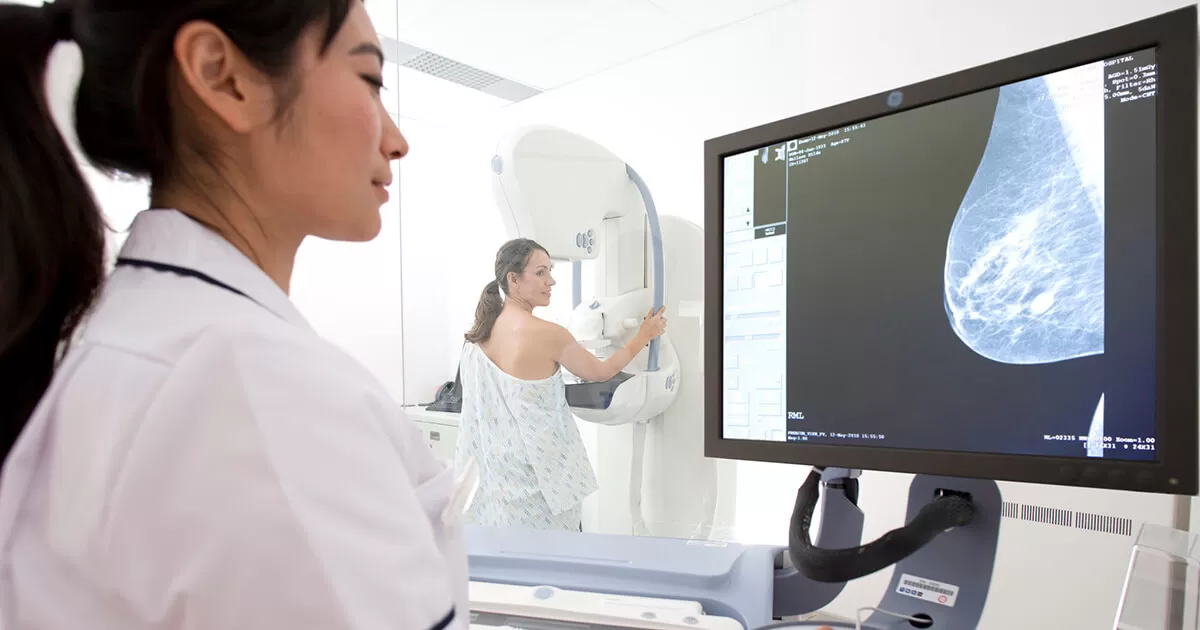Mammogram Myths and Facts

In the fight against breast cancer, screening mammograms can help healthcare providers check for breast cancer in women who don’t have any signs or symptoms of the disease. For example, among women 40 to 74 years of age, mammograms—X-ray pictures of the breast—have been shown to help reduce the number of breast cancer deaths. At age 50, regular screening mammograms are recommended for all women. However, mammograms are recommended as early as age 40 for women who have a family history of breast cancer. It’s important to speak with your healthcare provider about when to start receiving screenings and how often to get one. It may be different for each woman as it depends on family history and your individual history about when to start.
People often have questions about mammograms, though. Do they expose you to harmful radiation? Is routine screening really necessary? Aren’t mammograms expensive? To help uncover the truth, we’ve dispelled some common mammogram myths.
Myth #1: Mammograms can only detect signs of cancer when it’s too late to treat it.
Fact: Mammograms can help healthcare providers find breast cancer in early stages.
Myth #2: Mammograms expose you to dangerous radiation.
Fact: Repeated X-rays can be a health hazard. However, mammograms use a very low level of radiation and the danger posed by them is very small. While the benefits of mammography generally outweigh the risks, women should speak with their healthcare provider about the need for each X-ray.
Myth #3: Breast self-exams are just as effective as mammograms.
Fact: Studies have shown that breast self-exams alone are not enough to reduce the number of breast cancer deaths. Getting regular mammograms and breast examinations by a healthcare provider are the best way to screen for breast cancer.
Myth #4: Mammograms are too expensive to have regularly.
Fact: Insurance plans under the Affordable Care Act cover screening mammograms every 1 to 2 years for women age 40 and over without charging a co-pay. In many states, Medicaid and public employee health plans cover screening mammograms. Women should check with their health insurance company to confirm their coverage and cost.
Medicare also pays for annual screening mammograms for women age 40 or older. For more information about Medicare coverage, visit www.medicare.gov or call 1-800-MEDICARE (1-800-633-4227).
References
- 1. National Cancer Institute: Mammograms. Accessed April 13, 2018.
- 2. Centers for Disease Control and Prevention: Breast Cancer Screening Guidelines for Women. Accessed May 16, 2018.





